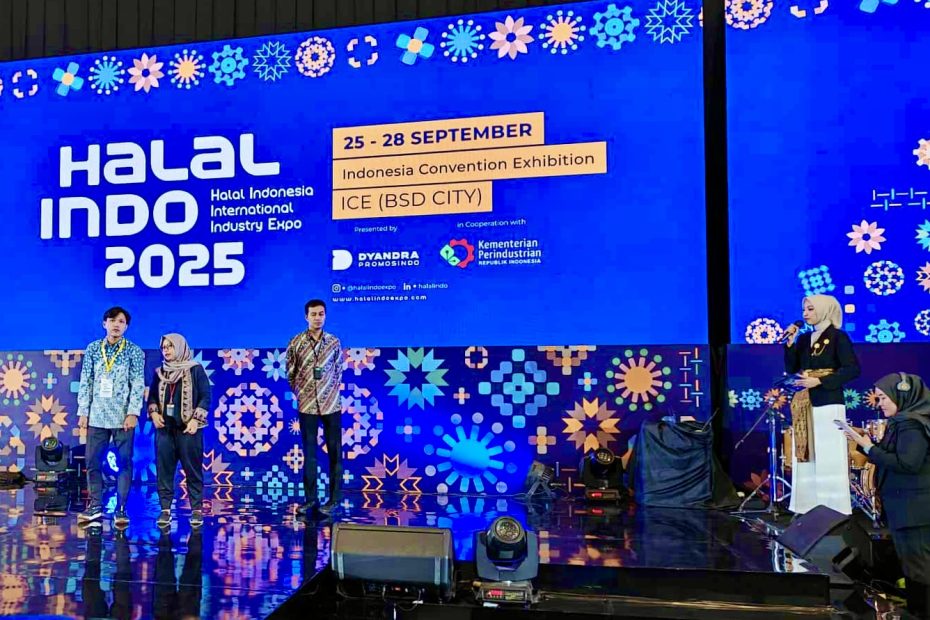Denmark has become the first Nordic country to secure accreditation for a halal certification body (HCB) recognized by Indonesian halal authority (BPJPH) – a crucial milestone for consumer goods exporters targeting one of the world’s largest Muslim markets. Sweden is on the way, while Finland and Norway remain behind.
In October 2024, Indonesia rolled out a new mandatory halal certification regulation. It requires consumer goods – whether locally produced or imported – to carry a halal label, with only limited exemptions. While imported goods have a grace period until October 2026, the deadline is approaching fast.
For exporters, this means halal certification must now be secured in the country of origin. Unlike before, it is no longer possible to rely on certification in a neighboring country or to obtain the label after products arrive in Indonesia.
“The clock is ticking. Exporters who fail to comply risk losing access to the Indonesian market,” warns market entry and halal expert Tanja Harjuniemi from Seven Stones Finland.
For Nordic exporters, the main bottleneck is the lack of Indonesia-accredited halal certification bodies. Denmark already holds a Indonesia accredited HCB, while Sweden is in the process. Finland has no export-oriented HCB at all, and Norway, despite having operating HCB, has not yet achieved accreditation. This gap leaves many Nordic exporters without a viable pathway to compliance.
Some companies have chosen to bring Indonesian halal auditors directly to the Nordic countries in order to conduct on-site auditing. Although this approach ensures compliance, it is expensive. Exporters must not only cover the audit and certification fees but also pay for travel, accommodation, and daily allowances.
“For small and medium-sized enterprises, this solution is simply not feasable”, says Harjuniemi.
According to Harjuniemi halal label is more than a matter of meeting regulatory requirements. For Muslim consumers, halal labeling is a guarantee that products are made from approved ingredients, manufactured in accordance with Islamic law, and kept free from contamination by non-halal substances. For Nordic exporters, it is also a matter of unlocking growth and securing long-term access to one of the most dynamic consumer markets in the world.
Some relief for Nordics in Indonesia – alcohol and pork still allowed
Starting in October 2026, halal certification requirements will apply to the following product categories:
• Food and beverage products, including raw ingredients, food additives, and supplementary materials
• Traditional medicines, food supplements, and quasi-medicinal products (e.g., antiseptics and throat lozenges)
• Cosmetics
• Chemical products and genetically modified organisms
• Clothing and wearable items
• Household and office products
• Class A medical devices
Future phases of the regulation will extend to additional medical products:
• October 2029: Over-the-counter medicines, Class B medical devices
• October 2034: Prescription medicines, Class C medical devices
• October 2039: Class D medical devices
Products that are haram (forbidden under Islamic law), such as pork and alcohol, are exempt and still permitted in the Indonesian market.
Non-halal products must carry clear labeling, which may include images, symbols, and/or words on the packaging or product. These labels must be clearly visible, durable, and not easily removed or damaged. Non-halal ingredients must be printed in a different color to ensure easy identification.
Recommended resource:
Australian Department of Foreign Affairs and Trade – Complying with Indonesian Halal Requirements
